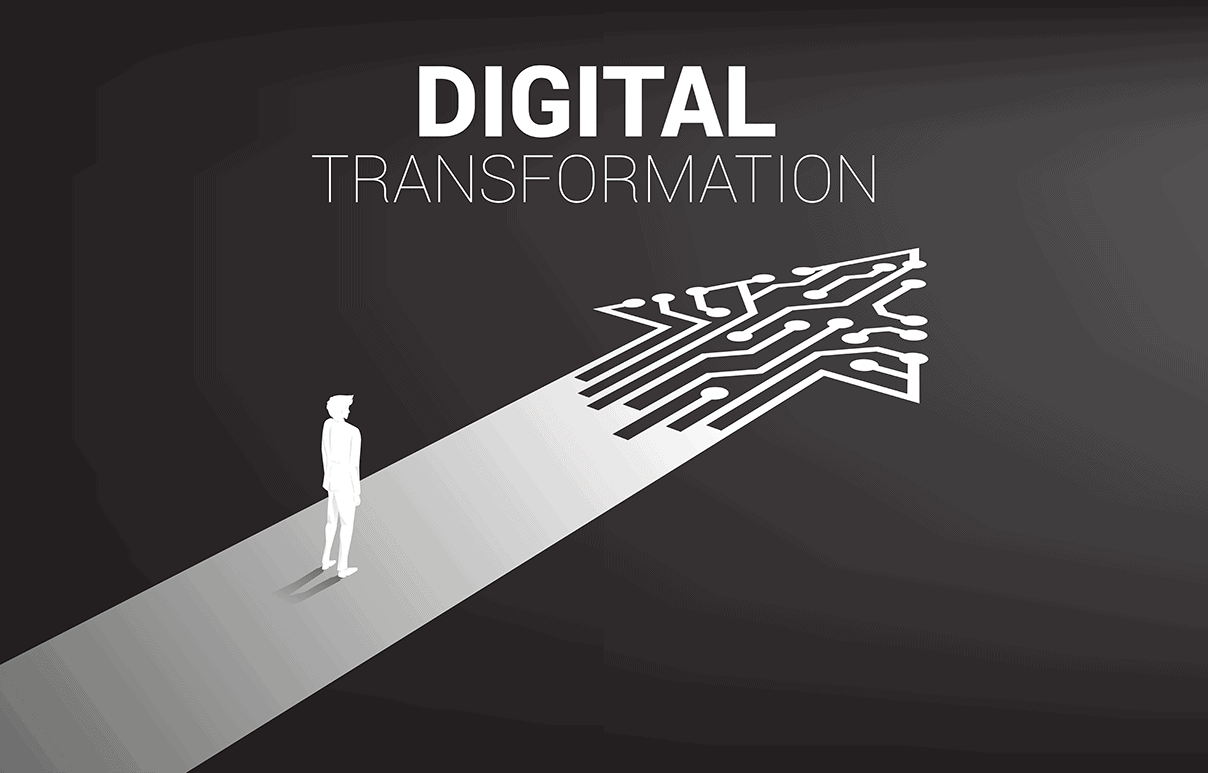This week, we will see how new cyber risk exposures are easily being created by digital transformation.
Welcome to The Digital Eye, your weekly roundup of the latest technology news.
Our team of experts has scoured the internet for the most exciting and informative articles so that you can stay up-to-date on Digital, Data, Blockchain, AI & Analytics, and Digital Transformation.
Featured Article:
We hope you find this information valuable and would appreciate your help sharing it with others who may be interested.
4 valuable areas of digital transformation in 2023 for Insurance, 3rd one is the best
This article looks at the four most valuable areas of Digital Transformation in Insurance in 2023 and how businesses will create better customer experiences with digital transformation.
Artificial Intelligence Stocks: The Top 9 AI Investment Opportunities
Because AI touches so many parts of business in multiple industries, the question is not whether to invest in AI, only where.
Conceptually, AI is to the 2020s what DNA was to the 1990s, what bandwidth was to the early aughts, and mRNA was to the pandemic. You can’t ignore the power of artificial intelligence because it’s part of everyday life now. AI is designed to perform typical tasks involving some degree of problem solving and decision making that humans would normally do. Those tasks now range from making decisions regarding an insurance claim all the way to creating images from scratch based on text prompts.
Many new uses of artificial intelligence, the technology, are still being discovered. Yet, if you think about the evolution of services like Siri or Alexa in our everyday lives, it’s here too.
For today, we’ll look at the best artificial intelligence stocks so you have some investment opportunities to consider if you’re a proponent of this space.
Why Meta and Twitter’s AI and ML layoffs matter
Twitter ethical AI layoffs offer lessons to enterprises.
Ten days ago, as part of mass Twitter layoffs, the company’s entire ethical artificial intelligence (AI) team — which worked to make Twitter’s algorithms more transparent and fair — was let go. The team, called ML Ethics, Transparency, and Accountability, was led by Rumman Chowdhury, who is well known for her leadership in the field of applied algorithmic ethics.
Meanwhile, Meta’s layoffs last week of 11,000 employees, or 13% of the company’s workforce, included an entire 50-person research team focused on machine learning (ML) infrastructure, called Probability. The Probability teamwas made up of 19 people doing Bayesian modeling, 9 people doing ranking and recommendations, 5 people doing ML efficiency, 17 people doing AI for chip design and compilers, as well as managers, according to one researcher on the team.
4 valuable areas of digital transformation in 2023 for Insurance, 3rd one is the best
Insurers who want to control costs, increase company growth and maximise business value must prioritise digital transformation as the economy takes a downturn in the next few years.
Technology is changing the way that insurance companies do business.
In the past, IT has been used to cut costs across the organisation. But now it’s about how new technology can help grow and engage with customers more than ever!
Below we will look at the four biggest areas of digital transformation in the insurance industry in 2023. We will see the core areas to be:
· Customer experience
· Data and analytics
· Business model transformation
· Digital operations
This blog post will explore these areas in detail and discuss how businesses can prepare for the coming changes.
DeepMind: Best practices for data enrichment
Building a responsible approach to data collection with the Partnership on AI.
At DeepMind, our goal is to make sure everything we do meets the highest standards of safety and ethics, in line with our Operating Principles.
One of the most important places this starts with is how we collect our data. In the past 12 months, we’ve collaborated with Partnership on AI (PAI) to carefully consider these challenges, and have co-developed standardised best practices and processes for responsible human data collection.
Human data collection
Over three years ago, we created our Human Behavioural Research Ethics Committee (HuBREC), a governance group modelled on academic institutional review boards (IRBs), such as those found in hospitals and universities, with the aim of protecting the dignity, rights, and welfare of the human participants involved in our studies.
This committee oversees behavioural research involving experiments with humans as the subject of study, such as investigating how humans interact with artificial intelligence (AI) systems in a decision-making process.
In a data-led world, intuition still matters
A new book argues the best decision makers combine good data with their own good judgment.
For as long as there have been decisions, people have used facts (lately known as data) to make them, along with reason and intuition. Nowadays, though, data often seems to be making decisions for us. Just as ‘analytics’ has changed the face of sports, business data prompts computers to order products, cut prices, or take other actions that once required human thought and intervention.
But data needs people just as much as people need data. Business leaders are still the ones who have to decide whether to launch a new product line, expand into a new continent, buy or sell a business, or change a venerable logo. So how can managers use the torrent of data available to them to make the best decisions?
That is the timely subject of Decisions Over Decimals, a concise guide to decision-making in the age of analytics written by Christopher Frank, Paul Magnone, and Oded Netzer, a trio of business veterans associated with Columbia University (as well as American Express, Google, and Amazon, respectively).
Article by @InsuranceBizUK
As a cyber security consultant at Altus, Cain (pictured) sees first-hand how new areas of exposure are opening up for businesses all the time – and how the role of quality and accessible insights and advice has come into its own amid this tumultuous environment. The tendency with conversations around cyber, he said, is that they become very theoretical and people miss that cyber risk is not an abstract notion but something hardwired even into the physical infrastructure that makes up our workplaces.
“A big concern at the moment is having your infrastructure, in terms of your PCs, your accessible pieces etc internal,” he said. “You’ve got the boundary, you’ve got the shell, whether you’re going to use Cloud or whether you’re going to use something else – it’s still marginally within your control. However, what has now opened up in terms of new exposures, very specifically, is the role of operational technology.”



